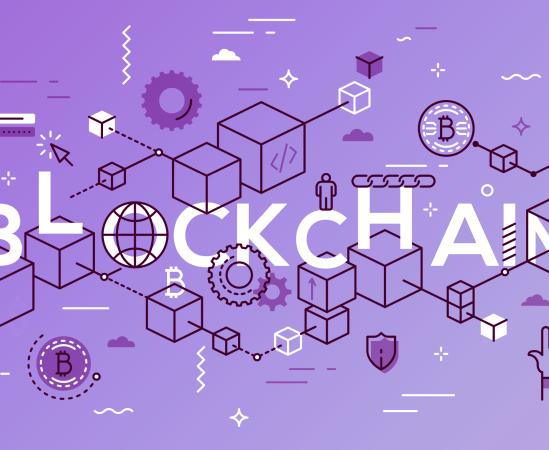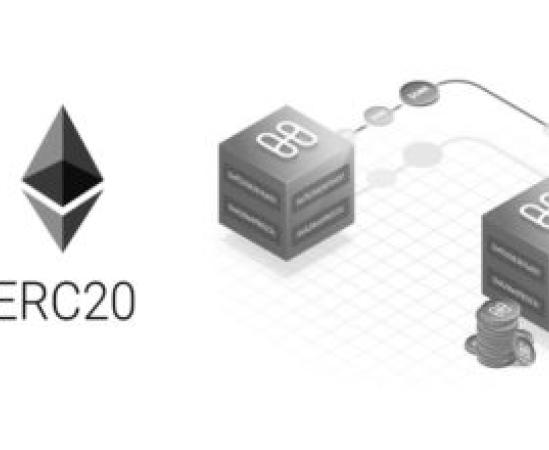For indu4.0 a start-up based in Zug (Switzerland) blokk has designed and coded two smart contracts with the goal to help them solve existing problems in the manufacturing industry. You can find more details about the indu4.0 start-up and the job we have done for them on our case presentation
In this blogpost we will elaborate on the two smart contracts - ERC-20 and ERC-721 - that we have coded for indu4.0. You will read about the use cases of these two smart contracts in the context of the manufacturing industry. You will get some insights into the specifications of the smart contracts and learn about critical aspects and terminology associated with them.



